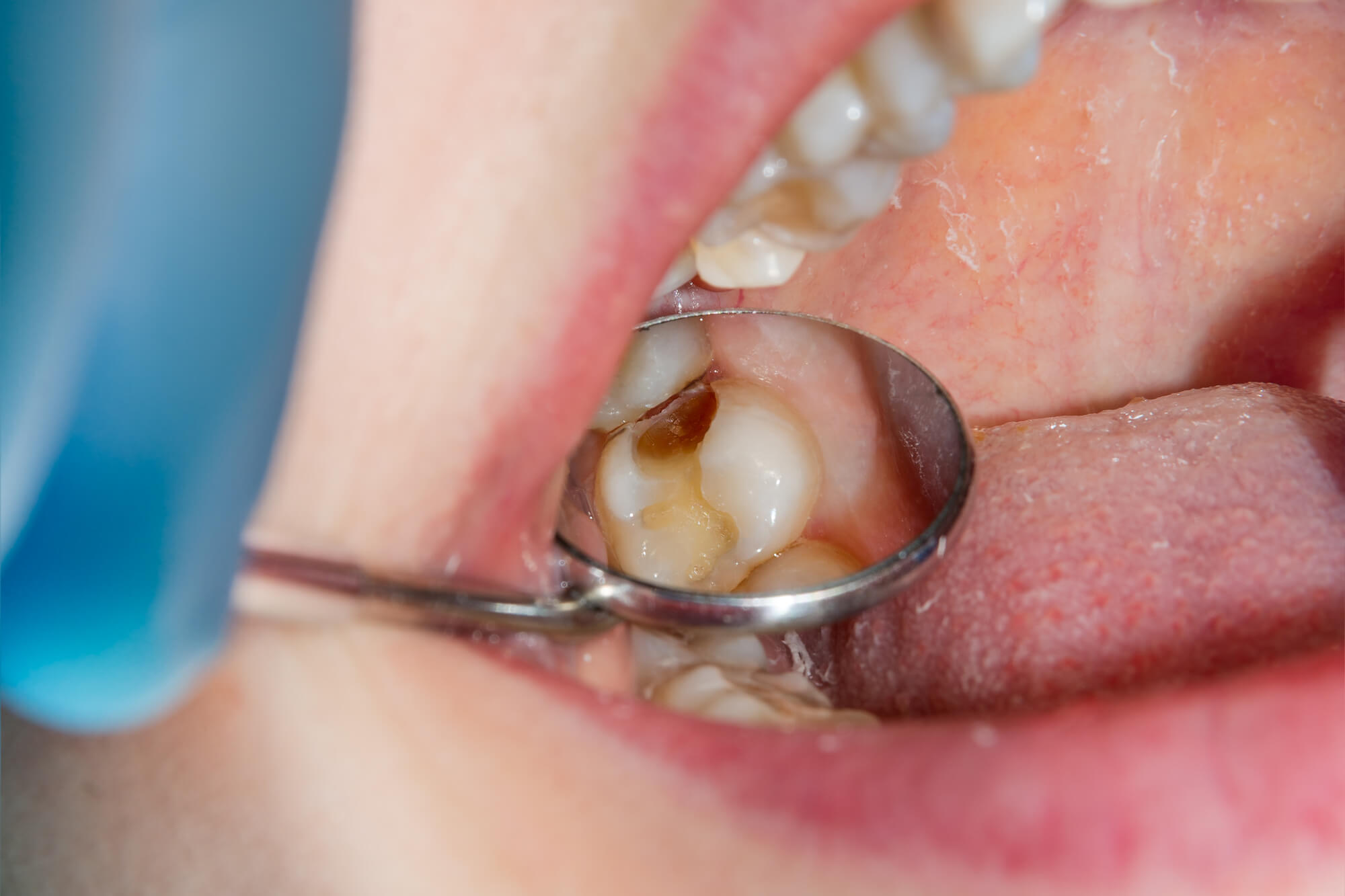
Good oral health is vital for a confident smile and overall well-being. Most patients know that brushing, flossing, and visiting your dentist in Winter Park are effective habits to keep cavities away from your natural teeth. But what about dental implants? Are they impervious to the damaging effects of plaque buildup and decay? Find out what makes dental implants durable and cavity-resistant and how to keep their durability intact.

How Do Dental Implants Work?
Dental implants are incredible substitutes for missing teeth that aim to bring back your smile's natural look and function. They are made of titanium and have three main parts: the implant fixture, abutment, and crown. A dentist carefully positions the implant fixture in the jawbone during a surgical procedure.
Over time, the dental implant fuses with the bone through osseointegration, which creates a strong foundation. The abutment acts as a connector, attaching the implant fixture to the crown, the visible part resembling a natural tooth. This innovative design guarantees the new artificial teeth will remain stable and durable.
How Do Cavities Form in Natural Teeth?
To understand whether dental implants can cause cavities, let's first examine how cavities develop in natural teeth. Natural teeth are susceptible to cavities because they are covered in enamel, a porous material that protects them against harmful bacteria.
Tooth decay occurs when oral bacteria produce acids that attack the tooth enamel, leading to demineralization and cavities. Plaque, which is bacteria buildup, accumulates on teeth and feeds on sugars from the foods you eat every day, producing acids as a byproduct. If left untreated, cavities pierce through the enamel layer and reach the tooth pulp, causing an abscess and even tooth loss.
Can Dental Implants Get Cavities?
Many people wonder if dental implants can cause cavities, but the good news is that they cannot. Dental implants are not susceptible to cavities because they lack one crucial component of natural teeth: tooth enamel. Since dental implants are made of materials like titanium or zirconia, plaque can't pierce through and damage the artificial tooth.
However, while dental implants themselves cannot develop cavities, it doesn't mean that implant-supported restorations are entirely immune to oral health issues. Surrounding gum tissues and implant components can still be affected by oral health problems.
For instance, inadequate oral hygiene can lead to peri-implantitis, which resembles gum disease but specifically affects the tissues around dental implants. This condition involves inflammation and infection of the gums, and it can lead to bone loss and implant failure when you don't get treatment.
Therefore, maintaining good oral hygiene practices is essential to prevent peri-implantitis and ensure the long-term success of dental implants.
Preventive Measures to Avoid Implant-Related Problems
Maintain Excellent Oral Hygiene
One of the essential preventive measures to avoid implant-related problems is to prioritize excellent oral hygiene. Try following these tips once you've healed after your dental implant surgery:
- Brush your teeth twice or three times a day with a soft-bristle toothbrush and fluoride toothpaste. Remember to clean around the implant site.
- Use interdental brushes or floss specifically designed for implant care to clean between your teeth and implants.
- Rinse with mouthwash to help reduce bacterial growth.
- Consider using an electric toothbrush, which may provide more effective plaque removal.
Schedule Regular Check-ups and Cleanings
Regular dental visits are crucial for comprehensive evaluations and professional cleanings, which play a significant role in preventing implant-related problems.
Schedule routine check-ups with your dentist to monitor the health of your dental implants and surrounding tissues. Dentists can identify early signs of implant-related issues, such as peri-implantitis, and provide timely treatment. Professional cleanings also help remove plaque and tartar buildup that may contribute to implant complications.
Avoid Smoking and Tobacco Products
Smoking and tobacco use have detrimental effects on oral health and can compromise the success of dental implants. Smoking increases the chances of implant failure and peri-implantitis. If you smoke, consider quitting or reducing your tobacco use. Try to avoid other forms of tobacco products, such as chewing tobacco, which can also negatively impact oral health.

Looking for a Qualified Dentist in Winter Park?
Experience exceptional dental care at Winter Park Dental. Whether you're considering dental implants or other procedures, our skilled team is here to provide personalized, high-quality treatment. Schedule your appointment today!

